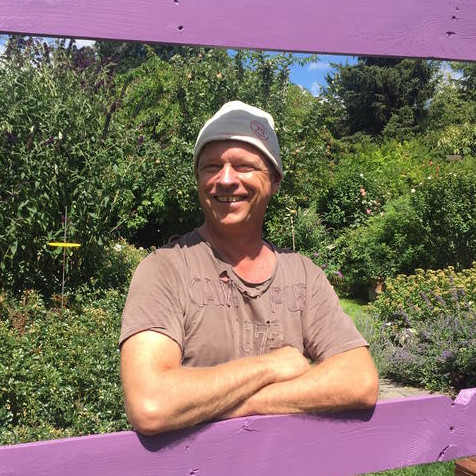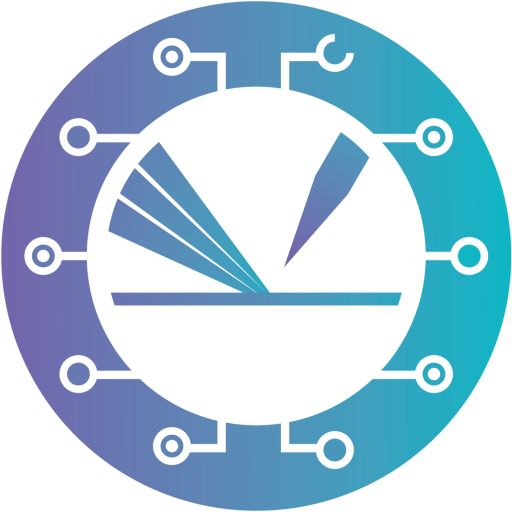Roland Netz
Freie Universität Berlin, Theoretical Physics
Berlin, Germany
Tuesday, 13th June 2023,16:30 s.t.
The talk will be given in hybrid mode.
You can either attend in physical presence:
TU Wien, Institute of Applied Physics,
Wiedner Hauptstraße 8-10, 1040 Vienna
Yellow Tower “B”, Seminar Room DB 05 B (5th floor)
Or you join via Zoom:
Zoom-Meeting

Ions and water at aqueous interfaces
The air-water interface displays complex static and dynamics properties, which become relevant when describing interfacial ion effects. Different definitions of the electrostatic potential, each relevant for distinct experimental scenarios, lead to widely varying surface potential magnitudes and even different signs. Based on quantum-chemical density-functional molecular dynamics simulations, a few different surface potentials are evaluated and compared. The spatially averaged surface potential, accessible to electron holography, is dominated by the trace of the water molecular quadrupole moment and amounts to more than + 4 Volt inside the water phase, very different from results obtained with force-field water models. The surface potential inside a cavity is much smaller, less than 200 mVolt in magnitude. This is the electrochemical surface potential relevant for ion transfer reactions and ion surface adsorption. Charge transfer between water molecules leads to pronounced surface potentials as well. However, when probing electrophoresis by explicitly applying a lateral electric field, the zeta potential turns out to be zero. Thus, charge transfer between water molecules does not translate to a non-zero electrophoretic mobility at the pristine vapor-liquid water interface. Additionally, we study the effects of the dielectric and viscous properties of various aqueous interfaces and specific ion-surface interactions using atomistic MD simulations in combination with the modified Poisson-Boltzmann equation. We quantitatively reproduce and explain experimental results for the zeta-potential by using that in a thin interfacial water layer the dielectric and viscous properties are different from bulk water.
Bio of Roland Netz
Roland Netz is a professor at Theoretical Physics, Freie Universität Berlin in Germany. Prof. Netz works on various research fields from processes at surfaces and interfaces to dynamics and structure of biological soft matter. He uses a wide range of theoretical methods, ranging from ab initio and classical force-field based molecular dynamics simulations over coarse-grained simulations to analytic calculus employing scaling arguments, field-theoretic and stochastic methods.
